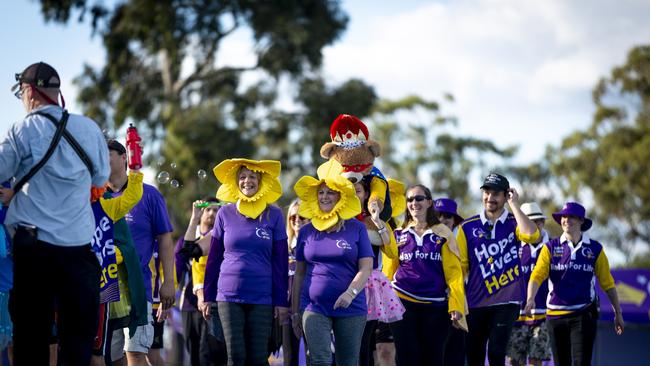Day of reckoning looms for charities
The boss of the charities’ regulator says Covid-19 could be a catalyst for the nation’s not-for-profit sector to downsize and claw back income lost during the pandemic.

The boss of the charities’ regulator, Keating government minister Gary Johns, says Covid-19 could be a catalyst for the nation’s not-for-profit sector to downsize and claw back income lost during the pandemic.
Foreshadowing a new online tool from the Australian Charities and Not-for-profits Commission that will allow donors to compare NGOs, Dr Johns said the sector should consider “some consolidation” to drive down costs.
The JBWere and NAB Charitable Giving Index released this month showed donations fell by 4 per cent in 2020 and 16 per cent in the first half of 2020-21, wiping out more than $20bn in anticipated revenue. This was offset partly by an increase in corporate and government support.
Dr Johns, the ACNC commissioner, said the federal agency had 60,000 not-for-profit organisations on its books and many programs overlapped.
The online charity marketplace would allow potential donors to search an area of interest – for example, cancer research – and bring up a list of not-for-profits in that space. The search engine is due to go live on the ACNC website in October.
“For the first time you will get real visibility and insight into how many players are in each part of the sector and I think that might generate some useful discussion and lead to a consolidation and maybe cut some costs out of the sector, which is one way of raising funds,” Dr Johns said. “You can’t always expect more money to flow just because you put your hand up among 60,000 others.
“The other way is to try to see if you join with others to cut some costs out. It’s not my job to tell people what to do, I am simply saying we will have a device in October whereby there will be a lot more observation … of what’s on offer in the sector. I reckon there will be some conversations started.”
Not-for-profits reliant on donations from the public, rather than government grants or contracts, have been heavily hit by the cancellation of fundraising events and traditional community engagement during the pandemic.
The Cancer Council is down about $30m on what it reaped pre-Covid. The $1.4m earned in 2019 by the Melanoma Institute Australia from its annual Melanoma March drive fell to $300,000 last year and $250,000 in 2021, forcing it to cut staff.
RSPCA CEO Richard Mussell said: “The Million Paws Walk and Cupcake Day are two of our largest national fundraising initiatives and both have been heavily impacted by restrictions, and we have suffered a significant drop in income as a result.”
Asked whether 60,000 competing concerns was too many, Dr Johns said: “The correct answer to the question of whether there is a correct number of charities is it’s up to the market to decide.”




To join the conversation, please log in. Don't have an account? Register
Join the conversation, you are commenting as Logout